News Archive
Filter by Division
Filter by Categories
Parolia Lab Receives Grant to Fund New Pediatric Cancer Research
January 27, 2026 / Experimental PathologyParolia Lab to expand its research into Ewing Sarcoma with grant funding from Alex’s Lemonade Stand.
24th Annual Pathology Research Symposium a Resounding Success
November 14, 2025 / Phd ProgramThe 24th Annual Pathology Research Symposium, held on Friday, November 7th, was a resounding success! The auditorium was filled with graduate students, faculty mentors, and others interested in learning more about the exceptional work being performed by our students.
From Health Lab: RNA modifications control how stem cells develop into retinal cells
October 31, 2025 / ResearchRNA modifications control how stem cells develop into retinal cells. Study uncovers METTL3’s role in tissue development, which was previously unexplored
FDA Approves First-Ever Drug for a Rare and Aggressive Brain Cancer
August 13, 2025 / ResearchResearch from Sriram Venneti, MD, PhD and Carl Koschmann, MD led to FDA approval of a drug treatment for diffuse midline glioma.
From Health Lab: Study reveals mechanisms behind common mutation and prostate cancer
July 24, 2025 / ResearchStudy reveals mechanisms behind common mutation and prostate cancer. Researchers discovered two distinct ways mutation of the FOXA1 gene alters tumor formation and therapy resistance in prostate cancer in mouse models.
Two Faces, One Oncogene
June 27, 2025 / PublicationsTranslational Research Training Program Retreat
June 2, 2025 / EventsA fascinating glimpse into cutting-edge research
Coming Full Circle Leads to a New Path Forward
October 28, 2024 / Phd ProgramDr. David Cho's intersection with MCP Graduate Student Leads to a New Career Path
Chemistry and Aging Research
October 10, 2024 / Faculty SpotlightDr. Brian Harry finds the right combination at Michigan
New Uses for Common Drug May Help Patients with Inflammatory Diseases
September 19, 2024 / Experimental PathologyAn article recently published by the Nuñez lab provides an exciting discovery for individuals with Alzheimer’s disease, diabetes, and certain other autoimmune diseases caused by aberrant NLRP3. The research, led by Dr. Jie Xu with Drs. Joseph Pickard and Gabriel Nuñez, discovered that a common, safe, FDA-approved drug used to treat alcoholism and cocaine addictions, disulfiram, inhibits the production of NLRP3 inflammasomes. When NLRP3 is activated, it can cause inflammation leading to multiple health issues.
Large study identifies biomarkers for rare kidney tumors
May 15, 2024 / Experimental PathologyWith 20 subtypes of Renal Cell Carcinoma (RCC) listed by the World Health Organization in 2022, determining the specific type of RCC and the correct treatment protocol for patients can be daunting. Only seven of the 20 subtypes had been defined by specific molecular changes and the 20% of RCCs that are classified as non-clear cell RCCs (non-ccRCC), were primarily identified only by histopathologic features. The driving genetic changes had not been identified. A large multi-institutional team making up the Clinical Proteomic Tumor Analysis Consortium, including several researchers from Michigan Medicine’s Department of Pathology, performed multi-omics data analysis on 48 non-ccRCC and 103 ccRCC tumors as well as 101 normal adjacent tissues to study the genetic aberrations found in these tumor types. The findings of this research were recently published in Cell Reports Medicine, with Pathology’s Drs. Alexey Nesvizhskii and Saravana Mohan Dhanasekaran as senior authors and Dr. Ginny Xiaohe Li as first author.
MCP Student Gabbi Rozumek awarded 2024 Phyllis M. Wise Biomedical Sciences Graduate Student Award for Excellence in Service
April 12, 2024 / AwardThe MCP team is proud to share the news that MCP student Gabrielle "Gabbi" Rozumek is the recipient of the 2024 Phyllis M. Wise Biomedical Sciences Graduate Student Award for Excellence in Service.
Gabbi is very passionate about and dedicated to serving her community. Since 2016, she has touched so many lives by serving in numerous and various capacities. A few of her efforts include:
Mary H. Weiser Food Allergy Center Identified as an Elite Research Center
April 11, 2024 / Experimental PathologyAn interdisciplinary team of researchers from across Michigan Medicine are focused on cutting-edge research to understand and address food allergies as members of the Mary H. Weiser Food Allergy Center. Nicholas Lukacs, PhD, the Godfrey Dorr Stobbe Professor of Pathology and Scientific Director of the Mary H. Weiser Food Allergy Center, and James R. Baker Jr., Ruth Dow Doan Professor of Biologic Nanotechnology and Director of the MHWFAC, were instrumental in founding the food allergy center in 2015 and in recruiting an exceptional team of researchers to the Center. One of their goals since the inception of the MHWFAC was to see it become recognized as one of the world’s elite research centers in its field. Recently, this goal was achieved when the National Institutes of Health awarded them one of just 10 seven-year CoFAR Cooperative Agreement Grants, recognizing the center’s exceptional ground-breaking research.
Giving Blueday-March 13, 2024
March 4, 2024 / AnnouncementWhat is in your gut?
January 5, 2024 / Experimental PathologyDr. Gabriel Nunez 's Lab Makes Breakthrough Discovery in Colitis
Grant funds research into childhood blindness, new partnership in Turkey
November 21, 2023 / ResearchA Global REACH seed grant aims to bridge stem cell biology and cutting-edge 3D retinal organoid technology to inform new research of childhood diseases that cause blindness.
Rajesh C. Rao, M.D., Leonard G. Miller Professor of Ophthalmology and Visual Sciences, and Associate Professor of Human Genetics and Pathology, is a retina surgeon and physician-scientist. He garnered a $10,000 Partnership Development Grant last fall to collaborate with colleagues at the Ege University Faculty of Medicine, in Turkey, where the team was treating a very unique patient.
“This is just one of those needle-in-a-haystack situations. The disease the patient was suffering from, Strømme Syndrome, is so incredibly rare,” Rao said. “I’m really grateful that Global REACH [...]
Study provides mechanistic link of diet to inhibition of colitis in Crohn's disease
November 16, 2023 / Experimental PathologyCrohn’s disease (CD), one of the major forms of Inflammatory Bowel Disease, is a chronic relapsing intestinal disorder that affects millions of people globally. The cause of CD is unknown, but it is thought to result from a dysregulated immune response against environmental factors, including intestinal microbes, in genetically susceptible hosts.
The critical role that the intestinal microorganisms, collectively known as the gut microbiota, plays in the pathogenesis of CD has been investigated over the past two decades. Given the importance of the gut microbiota in triggering CD, the development of therapeutic approaches that target disease-causing intestinal microbes may provide a unique approach to the treatment of this disease [...]
22nd Annual Molecular and Cellular Pathology Research Symposium Held November 3rd
November 9, 2023 / Phd ProgramDr. Jeffrey B. Hodgin Among Team Awarded 2023 Global Team Science Award
August 2, 2023 / AwardDr. Jeffrey B. Hodgin, MD, PhD among team members awarded the 2023 Global Team Science Award.
9th Annual Developing Future Biologists Short Course is Underway
June 1, 2023 / EducationA week-long, all-expenses-paid trip to Ann Arbor, Michigan in late Spring may sound too good to be true, but for 30 fortunate undergraduate students from around the United States and its territories, this becomes a reality when they are accepted into the annual Developing Future Biologists (DFB) short course.
New Antibody Treatment Discovered by Ward Lab Approved by FDA
April 6, 2023 / PublicationsAfter several decades of hard work by many scientists at the University of Michigan Medical School and elsewhere, an antibody (anti-C5a) has just been approved by the US FDA for treatment of humans who are septic and have developed lung infections with COVID-19, resulting in severe pulmonary dysfunction requiring external lung support. The antibody, anti-C5a, was originally developed in the Dr. Peter Ward laboratory in the early 2000s. The mAb was shown to dramatically reduce lung infections in polymicrobial sepsis in mice.
Idiopathic Pulmonary Fibrosis Research Discovery Published
April 5, 2023 / PublicationsA recently published research study led by Drs. Sem Phan and Tianju Liu from the Department of Pathology reported new findings that could help scientists predict disease progression and suggest a new immunotherapy target for the treatment of IPF and other fibrotic lung diseases.
These findings uncovered a new role for the immune checkpoint marker (B7-H3) in lung fibrosis that can potentially serve as a novel target for immunotherapy to slow down or abort the progression of lung fibrosis in patients with IPF and other chronic lung fibrotic diseases. In addition, sB7H3 levels in the plasma could serve as a potential marker to predict how quickly the disease progresses in patients and assess responsiveness to therapy, allowing for more informed treatment decisions.
MCP Student Sahiti Marella shares her journey to becoming grant funded
March 8, 2023 / Phd ProgramThe Department of Pathology offers the Molecular and Cellular Pathology Graduate Program (MCP) for students who are interested in translational research – the step between basic science research and clinical care, the “bench-to-bedside” transition. Sahiti Marella is a graduate student in the MCP who was recently awarded her first F31 grant. This is an NIH-funded predoctoral grant that provides awardees with a monthly stipend to support tuition and fees, and funds for training-related costs while they conduct their PhD research project, for up to five-years of funding.
Identifying an “Achilles heel” of an aggressive subset of acute leukemias
February 17, 2023 / Phd ProgramHsiang-Yu (David) Hu, a Molecular and Cellular Pathology graduate student in the lab of Dr. Andrew Muntean recently published his first first-authored article in Leukemia.
International Day of Women and Girls in Science: Mahnoor Gondal
February 10, 2023 / Phd ProgramAt Michigan Medicine, many of our faculty serve across multiple departments, which opens up opportunities for students to also experience not just Pathology, but also other disciplines. The Department of Computational Medicine and Bioinformatics is one of the departments with which several of our Pathology faculty and students collaborate. In honor of the UN International Day of Women and Girls in Science, the DCMB featured one of our joint students as shared below.
Drs. Asma Nusrat and Charles Parkos Named 2022 AAAS Fellows
February 7, 2023 / Experimental PathologyCongratulations are due to Dr. Asma Nusrat, F. Peyton Rous Professor of Experimental Pathology and Director of Experimental Pathology, and Dr. Charles Parkos, Carl V. Weller Professor and Chair of Pathology, on being named 2022 American Association for the Advancement of Science Fellows. The AAAS is the world’s largest general scientific society and publisher of the Science family of journals. The 2022 class was comprised of 505 scientists, engineers and innovators from around the world and across all disciplines. Being selected as an AAAS Fellow is one of the most distinguished honors within the scientific community. The newly elected Fellows are being recognized for their scientific and socially notable achievements spanning their careers.
Kim lab identifies the niche and mobilization mechanism for bone marrow innate lymphoid cell progenitors
January 25, 2023 / PublicationsThe laboratory of Dr. Chang Kim, recently published a high-impact study that elucidates the bone marrow niche and mechanisms by which innate lymphoid cells differentiate between those which remain in the bone marrow and those which emigrate to the rest of the body. Read more[...]
Study Published on Effectiveness of the Omicron Bivalent Booster
January 18, 2023 / Clinical PathologyAs the SARS-CoV-2 virus continues to mutate over time and new booster vaccines become available, the question arises, are the multivalent boosters more effective at improving immune response than the monovalent vaccines with which we began? This question was addressed by a multi-site group from Columbia University Vagelos College of Physicians and Surgeons (New York) and from the University of Michigan Medical School Department of Pathology. Drs. Riccardo Valdez, Carmen Gherasim, and Aubree Gordon represented the Immunity Associated with SARS-CoV-2 (IASO) research team at U-M[...]
Research Faculty Symposium 2023
November 7, 2022 / EventsThe inaugural Research Track Faculty Symposium will be held on Thursday, March 23rd, 2023. Abstract submission deadline is Friday, December 16th.
30 Years of Research at Michigan Medicine
November 4, 2022 / Experimental PathologyWalk through a 30-year career with Dr. Gabriel Nunez--highlighting his key discoveries, perspectives on work/life balance, and those he mentored.
Cytomorphology and IHC helps diagnose transformed metastatic prostate cancer
October 27, 2022 / Experimental PathologyA research team from the Michigan Center for Translational Pathology undertook a study to illustrate how careful assessment of cytologic and biomarker features may provide physicians with information on Metastatic Prostatic Cancer (MCP) patients’ prognosis and the best therapies to consider [...]
Dr. Dafydd Thomas - Pursuing a Different Path
July 18, 2022 / Experimental PathologyThe Research Scientist Track
What is a Research Lab Manager?
June 20, 2022 / Experimental Pathology...and what do they do?
Careers in Pathology: Aging Research
April 5, 2022 / Experimental PathologyDr. Richard Miller candidly describes his career progression in aging research.
Department of Pathology Soars at USCAP 2022
April 1, 2022 / EducationThis month marked the usual United States and Canadian Academy of Pathology (USCAP)'s Annual Meeting. This year's hybrid-style event, the 11th annual, was held both in-person and virtually in Los Angeles, California from March 18-24, 2022. The symposium featured several short and long courses, as well evening specialty conferences and ticketed seminars. The conference also included numerous poster sessions, live Q&A segments, and a multitude of social events [...]
Careers in Pathology: Research Administration
March 21, 2022 / StaffMeet the members of the Research Administration team within the Department.
Dr. Charles Parkos
March 10, 2022 / Faculty SpotlightReflections on the Future of Pathology
Arul Chinnaiyan, MD, PhD, selected for the Sjöberg Prize in Cancer Research
February 11, 2022 / AwardThe Royal Swedish Academy of Sciences, which also awards the Nobel Prizes, announced today that Arul Chinnaiyan, MD, PhD, S.P. Hicks Professor of Pathology and Urology at Michigan Medicine and Director of the Michigan Center for Translational Pathology, has been selected as [...]
Graduate Student Chelsea Phillips Research Recognitions
January 26, 2022 / AwardCongratulations to Chelsea Phillips, a graduate student in the Neurosciences graduate program, mentored by Dr. Anuska Andjelkovic-Zochowski, for two honors received on her work [...]
Research from INHERET Published in JNCCN
January 18, 2022 / PublicationsResearch from INHERET was just published in the Journal of the National Comprehensive Cancer Network (JNCCN). Learn more about this study, which analyzes the implementation of InheRET's online tool that provides information about family history as it relates to cancer risks [...]
Research Study Published in European Urology's Open Science
January 5, 2022 / PublicationsA multi-institutional study led by Drs. Alex Taylor, Noah Brown and Rohit Mehra from the Department of Pathology was just published in European Urology's Open Science. Learn more about the resarch, which focuses on how TERT promoter mutations were characterized in urinary tract lesions, which may be considered as precursors to neoplasia at this site [...]
Study Demonstrates a Novel Approach to Target Enhancer-Addicted Cancers
January 4, 2022 / VideoA chromatin degrader stops transcription factors from driving cancer, which may serve as a potential treatment approach for over 90% of prostate cancers.
The Yin and the Yang of Research in the COVID Era
December 20, 2021 / NewsletterAs COVID closed down research labs, researchers shifted focus.
Study Finds that Microbiome Colonization During Infancy is Critical for Modulating Immunity Later in Life
October 29, 2021 / Experimental PathologyA study related to the maternal gut microbiome and how it regulates immunity to respiratory syncytial virus (RSV) infections in offspring was recently published in the Journal of Experimental Medicine. Clinical experts from the Department of Pathology including Drs. Wendy Fonseca, Nicholas Lukacs, and Catherine Ptaschinski were responsible for carrying out this study [...]
The Link Between Dysplastic Squamous Cells and Merkel Cell Carcinoma (MCC)
October 15, 2021 / Clinical PathologyResearch pertaining to Merkel cell carcinoma (MCC) and cutaneous neuroendocrine carcinomas was just published in the latest edition of Modern Pathology. Led by the team of Drs. Paul Harms, May Chan, Aaron Udager, Rajiv Patel, and more [...]
MCP Student Siva Kumar Natarajan Awarded Mistletoe Research Fellowship
August 25, 2021 / AwardCongratulations to Molecular and Cellular Pathology Graduate Student Siva Kumar Natarajan on being awarded the Mistletoe Research Fellowship (MRF). Established in 2018, the Momental Foundation awards 20 MRF positions to exceptional postdoctoral fellows and advanced PhD candidates from the United States, Japan, and Singapore.
Researchers Develop First Inhibitors Against Key Epigenetic Complex Involved in Cancer
June 21, 2021 / ResearchActivity of the polycomb repressive complex 1 is essential for the development and maintenance of leukemic cells; disrupting it presents a new potential therapeutic approach. Leukemia stem cells are rare cells that can renew themselves while continuing to generate malignant cells known as leukemic blasts. These cells are difficult to eradicate using chemotherapy drugs and frequently lead to recurrence of leukemia [...]
Research Published in Urologic Oncology's ScienceDirect
June 10, 2021 / Clinical PathologyResearch by Drs. Alexander Taylor and Stephanie Skala seek to understand why tumors masquerade as forms of type-2 papillary of renal cell carcinoma. The study was just published in Urologic Oncology's ScienceDirect [...]
Coronavirus (COVID-19) Research Published in Archives of Pathology and Laboratory Medicine
May 18, 2021 / Anatomic PathologyResearch from the Department of Pathology was just published in the Archives of Pathology and Laboratory Medicine. Learn more about this publication, which highlights GI samples from COVID-19 patients, led by Dr. Maria Westerhoff [...]
Researchers Develop First-in-Class Inhibitors Against Key Leukemia Protein
May 17, 2021 / Michigan Health BlogA research effort by Drs. Jolanta Grembecka and Tomasz Cierpicki was just published in Nature Communications. Learn more about the protein made by the ASH1L gene, which plays a key role in the development of acute leukemia, along with other diseases [...]
Research from Lombard Lab Published in Journal of Clinical Investigation
May 12, 2021 / PublicationsResearch from the Department's Lombard Lab was just published in the Journal of Clinical Investigation. The study, which focuses on how the deacylase SIRT5 compound supports melanoma viability by influencing chromatin dynamics, was led by Dr. Lombard [...]
Broadening the Scope: A Qualitative Study of Pathologists’ Attitudes Toward Patient-Pathologist Interactions
May 5, 2021 / Quality And Health ImprovementLearn more about pathologists' attitudes toward patient interactions in this new publication, led by Dr. Cathryn Lapedis.
Research by Dr. Cho Published in AACR's "Cancer Research"
April 19, 2021 / Clinical PathologyA new publication from the Department of Pathology, led by Dr. Kathleen Cho, was just published in the American Association for Cancer Research's flagship journal. highlights how altering the microbiome within a mouse model of oviductal high-grade serious carcinoma can inhibit tumorigeneis [...]
New Assay For Early Detection of Aggressive Prostate Cancers Developed
April 13, 2021 / Clinical PathologyA new study, led by U-M graduate in molecular and cellular pathology Dr. Andi Cani, was just published in European Urology Oncology. The publication focuses on the development of a whole-urine, multiplexed, next-generation RNA-sequencing assay that is used for the early detection of aggressive forms of prostate cancer [...]
Two Proteins Critical for Kidney Function
March 24, 2021 / Michigan Health BlogResearch by Drs. Ann Laszczyk and the Department of Pathology's Dr. Gregory Dressler was just published in the Journal of the American Society of Nephrology. The study focuses on PAX2 proteins and their effects on kidney function and development.
Department of Pathology Shines at 2021 Virtual USCAP Meeting
March 24, 2021 / ConferencesThe Department of Pathology was well represented at the 110th Annual Meeting of the United States and Canadian Academy of Pathology (USCAP), held March 13-18, 2021. This year's event was reconstructed into a fully virtual format in response to the COVID-19 pandemic, with participants able to tune in and contribute from all over the world. Several of our faculty and trainees were featured at this year's conference. Let's take a moment to recap some key highlights from #USCAP2021.
Stressed Cellular Protein HOPS Into Action
February 16, 2021 / Experimental PathologyResearch team discovered that proteins with the capacity to multimerize quickly responded to osmotic changes (dehydration) caused by high saline or sugar concentrations, condensing into aggregates resembling processing bodies (P-bodies). The reaction, known as hyperosmotic phase separation, or HOPS, takes only a few seconds and is reversible within less than 2 minutes [...]
Role of BATF in the Development of Innate Lymphoid Cells Elucidated
February 10, 2021 / PublicationsA series of sophisticated processes are required in the development of innate lymphoid cells (ILC) for them to reach maturity. The Kim laboratory discovered that basic leucine zipper ATF-like transcription factor (Batf) regulates the production of ILC progenitors in the bone marrow as well as the maintenance of ILCs in the periphery. These cells are strategically distributed in peripheral tissues to provide important innate immunity to fight pathogens such as pathogenic viruses and bacteria.
The multi-faceted role of the SUV family of H3K9 methyltransferases
February 8, 2021 / Clinical PathologyA new study from Drs. Andrew Muntean and Nirmalya Saha of the Department of Pathology's Muntean Lab was just published in Biochim et Biophysica (BBA) Reviews on Cancer. The research project sheds light on the multi-faceted role of the SUV family of H3K9 methyltransferases in carcinogenesis and within cancer progression.
Research from Dr. Udager Published in European Urology
February 1, 2021 / PublicationsA new publication, generated by Department of Pathology faculty members Drs. Aaron Udager and Scott Tomlins was successfully published in European Urology. The research highlights a longitudinal cohort study centered around the serial molecular profiling of low-grade prostate cancer in order to better assess tumor upgrading [...]
Study Explains Why Patients with Cancer Spread to the Liver Have Worse Outcomes
January 5, 2021 / Experimental PathologyA new study by the University of Michigan's Rogel Cancer Center analyzed patients with cancer and the factors that cause the cancer to spread to the liver, leading to worse outcomes.
Prostate Cancer Regulator Plays Role in COVID-19, Providing a Promising Treatment Lead
December 22, 2020 / Michigan Health BlogClinical trials underway are testing whether drugs that target the androgen receptor – successful in controlling prostate cancer – could also work against the coronavirus. wo proteins, ACE2 and TMPRSS2, help the coronavirus gain entry and replicate within cells. TMPRSS2 is well-known to Arul Chinnaiyan, MD, PhD. His lab discovered that TMPRSS2 fuses with the ETS gene to drive more than half of all prostate cancers [...]
Research Led by Drs. Cierpicki and Grembecka Published in "Blood"
December 2, 2020 / Clinical PathologyA new study led by Drs. Jolanta Grembecka and Tomasz Cierpicki of the Department of Pathology was just published in Blood's American Society of Hematology. The research focuses on combinatorial treatment with menin and FLT3 and how inhibitors induce complete remission in acute myeloid leukemia (AML) with activating FLT3 mutations [...]
Research Led by Dr. Udager Published in Modern Pathology
November 19, 2020 / Clinical PathologyNew research by the Department of Pathology was recently published in Modern Pathology. The study, led by Drs. Aaron Udager, Noah Brown, Bryan Betz, Jonathan McHugh and Scott Tomlins, focuses on how TP53 mutations and CDKN2A mutations and deletions are highly recurrent molecular alterations within malignant progression of sinonasal papilomas [...]
Dr. Celina Kleer Wins ASIP 2020 Outstanding Investigator Award
November 12, 2020 / Experimental PathologyCongratulations to Dr. Celina Kleer who was awarded the American Society for Investigative Pathology (ASIP)'s 2020 Outstanding Investigator Award. Dr. Kleer receives the award for her demonstrated excellence in research in experimental pathology [...]
Study Regarding Inhibition of Class I PI3K Published in Journal of Cell Biology
October 30, 2020 / PublicationsResearch by the Department of Pathology's Drs. Richard Miller and Joseph Endicott was just published in the Journal of Cell Biology. The study focuses on the inhibition of class I PI3K and how it enhances chaperone-mediated autophagy (CMA) [...]
Michigan Medicine Highlights Phlebotomy Research on Podcast
October 20, 2020 / Quality And Health ImprovementExperts from the Department of Pathology's Phlebotomy Team were featured on Michigan Medicine's "The Wrap" podcast. The podcast focuses on the department's Poke Plan Program at C.S. Mott Children's Hospital, an initiative that helps to alleviate pain and fear among children during the blood draw process [...]
Host-Microbiota Interactions in Health and Disease: Gabriel Nunez, MD
October 20, 2020 / Events12:00 pm EST
Join #UMichPath and the University of Pennsylvania's Perelman School of Medicine for a virtual event with department faculty Dr. Gabriel Nuñez, who will be hosting a discussion related to host-microbiota interactions in modern health and disease.
Bad Bacteria Make Their Own Food to Colonize the Gut
October 16, 2020 / Experimental PathologyDiarrhea can be the unfortunate but short-lived side effect of bad takeout food, yet it is also a leading cause of death in children under five globally. Scientists continue to investigate how illness-causing bacteria gain a foothold within the digestive tract when they are usually held in check by the protective bacteria collectively known as the gut microbiome [...]
Understanding Breast Cancer: My Journey as a Physician-Scientist: Celina Kleer, MD
October 9, 2020 / Events10:00 am EST
Join us for a virtual event featuring the Department of Pathology's Dr. Celina Kleer, who will host a discussion related to her experiences in understanding breast cancer and her journey as a physician-scientist.
Research By Dr. Hristov Published in Journal of Cutaneous Pathology
October 1, 2020 / PublicationsNew research from the Department of Pathology and Dr. Alexandra Hristov was just published in the Journal of Cutaneous Pathology. The study focuses on the kappa and lambda immunohistochemistry in situ hybridization of atypical cutaneous lymphoid infiltrates.
ASIP Rous-Whipple Award Lecture: Arul Chinnaiyan, MD, PhD
October 1, 2020 / Events11:30 am EST
Join us for a virtual event featuring the Department of Pathology's Dr. Arul Chinnaiyan, who will give the 2020 American Society for Investigative Pathology (ASIP)'s Rous-Whipple Award Lecture.
Scientists Develop First Drug-Like Compounds to Inhibit Elusive Cancer-Linked Enzymes
September 2, 2020 / Michigan Health BlogStructural biology techniques helped researchers target the nuclear receptor-binding SET domain family, whose malfunction is associated with several types of cancer.
Research Surrounding H3K27M-mutant diffuse midline glioma in COVID-19 Published
July 7, 2020 / Experimental PathologyNew research related to H3K27M-mutant diffuse midline glioma with extensive intratumoral microthrombi in young adults with COVID-19 from the Department of Pathology was just published in Acta Neurologica. [...]
Research Surrounding miR-181a Published
June 25, 2020 / Experimental PathologyResearch from Dr. Analisa Difeo was just published in Nature Communications. The study focuses on miR-181a and how it initiates and perpetuates oncogenic transformation through the regulation of innate immune signaling [...]
Forensic Research Regarding COVID-19 Published
June 18, 2020 / Experimental PathologyThe publication takes an in-depth examination of diffuse alveolar damage (DAD) caused by COVID-19 and how it is morphologically indistinguishable from other causes of DAD.
U-M Researchers Home in on Key Player in Pancreatic Cancer Development
June 4, 2020 / Experimental PathologyThe protein Argonaute 2 was found to be critical to the progression from benign lesions into pancreatic cancer, suggesting a therapeutic opportunity.
Research Regarding Invasive Squamous Cell Carcinoma Published
May 29, 2020 / Experimental PathologyThe research, which focuses on invasive squamous cell carcinomas and the precursor lesions that demonstrate concordic genomic complexity in driver genes, was just published in Modern Pathology.
Diagnostic Biomarkers Uncovered for Rare Kidney Cancer
April 21, 2020 / Experimental PathologyResearchers have uncovered the gene signature for ChRCC.
Department Co-Hosts 2020 Mucosal Immunology Symposium
March 13, 2020 / ConferencesThe event showcased experiemental pathology research.
Department Hosts 11th Annual CHAMP Research Symposium
February 17, 2020 / ConferencesEvent showcases clinical and translational research.
Anti-Leukemia Compound Induces Complete Remission in Mouse Models
February 3, 2020 / Experimental PathologyA Phase I clinical trial, using a structurally related analog of the compound, is currently enrolling patients.
Results of Michigan-Led Study Published in Modern Pathology
January 23, 2020 / PublicationsModern Pathology recently published a multi-institutional study led by pathology faculty Dr. Rohit Mehra; other participating centers included The Cleveland Clinic, Emory School of Medicine and Memorial Sloan Kettering Cancer Center. Third year Pathology resident at Michigan Medicine, Alex Taylor, MD, was the first author with other major contributions by Drs. Noah Brown and May Chan. [...]
A Simple Twist of Cell Fate
January 15, 2020 / Experimental PathologyU-M researchers are shedding new light with exciting implications for research and health.
Dr. Chan Chung Receives Two Grants to Study Brain Cancers
January 9, 2020 / Experimental PathologyChan Chung, PhD, received two grants in funding from the ChadTough Foundation and Defeat DIPG foundation ($150,000) and the Robert Connor Dawes CERN Pediatric Fellowship ($100,000). [...]
R01 Granted to Jolanta Grembecka, PhD
December 20, 2019 / AwardWe are thrilled to announce that Jolanta Grembecka, PhD, an Associate Professor in Pathology, has been granted an R01 for her research “Development of ASH1L inhibitors for acute leukemia.” [...]
Updated NIH Policy Statement Emphasizes "Other Support" Reporting
December 20, 2019 / AnnouncementAll faculty who serve as the Principal Investigator or one of the key personnel on an NIH award or pending proposal are required to review their new guidance and address the two parts below, as appropriate, by January 20, 2020 [...]
Abhijit Parolia is Awarded The NCI Predoctoral to Postdoctoral Fellow Transition Award
December 2, 2019 / AnnouncementThe National Cancer Institute’s (NCI) Predoctoral to Postdoctoral Fellow Transition (F99/K00) Award supports outstanding PhD and other Research Doctoral candidates who complete their dissertation research training (F99 phase) and transition in a timely manner to mentored, cancer-focused postdoctoral career development research positions (K00 phase). [...]
Results from the Andrew P. Lieberman Lab are Published
November 20, 2019 / AnnouncementMark Schultz, PhD, and Andrew Lieberman MD, PhD, have published “Synthetic high-density lipoprotein nanoparticles for the treatment of Niemann–Pick diseases” in BMC Medicine. [...]
From Carrie-Anne to Dr. Malinczak
November 12, 2019 / Phd Program Carrie-Anne Malinczak, PhD successfully defended her thesis entitled “Long-Term Immune System Alterations Following Early-Life RSV Infection” on October 21, 2019. Respiratory syncytial virus (RSV), a ubiquitous human pathogen, infects nearly all children by age two. Severe RSV bronchiolitis in infancy is strongly correlated with the development of recurrent wheezing later in childhood [...]
Carrie-Anne Malinczak, PhD successfully defended her thesis entitled “Long-Term Immune System Alterations Following Early-Life RSV Infection” on October 21, 2019. Respiratory syncytial virus (RSV), a ubiquitous human pathogen, infects nearly all children by age two. Severe RSV bronchiolitis in infancy is strongly correlated with the development of recurrent wheezing later in childhood [...]
Engaging Our Future
November 8, 2019 / PublicationsDepartment faculty outreach to high school students to educate about careers in medicine and research.
Dr. Surinder Kumar Receives The Pablove Foundation Childhood Cancer Research Grant
September 18, 2019 / Experimental PathologySurinder Kumar, Ph.D., has received The Pablove Foundation Childhood Cancer Research Grant for his proposal entitled “The sirtuin SIRT5 as a novel therapeutic target for Ewing’s Sarcoma” [...]
Dr. Maria Westerhoff Publishes in Gastroenterology
August 20, 2019 / PublicationsIn collaboration with Drs. Luke Nayak and Arjun Sondhi, Dr. Maria Westerhoff published a report in Gastroenterology titled, "A Rare Complication of a Rare Disease" documents a case of erythropoietic protoporphyria, a rare condition that can affect the liver [...]
Jolanta Grembecka, PhD, Among 14 Inaugural Rogel Scholars
May 14, 2019 / Experimental PathologyCongratulations to Jolanta Gembecka, PhD, who is one of fourteen in the inaugural class of Rogel Scholars! As part of the commitment from Richard and Susan Rogel, researchers will have the opportunity and freedom to pursue new directions in their work. Dr. Grembecka's research focus is developing [...]
U-M Compounds Show Promise in a Lab Model of Advanced Prostate Cancer
May 14, 2019 / Experimental PathologyA new study finds that U-M-designed compounds led to significantly smaller, slower-growing tumors.
Witnessing the dance of RNAs around droplets of cellular degradation machinery
April 3, 2019 / Experimental PathologyIf a picture's worth a thousand words, a video is perhaps worth much more.
Creating Hope
February 18, 2019 / Experimental PathologyMark Schultz, PhD strives to create therapeutics for Niemann-Pick disease.
Circular RNA Holds Promise as Cancer Biomarker
February 7, 2019 / Experimental PathologyUnique structure of circRNA makes it an ideal candidate for biomarkers – and it can be detected in blood or urine.
Work from the Dou and Dressler Labs highlighted in Cancer Cell
October 9, 2018 / ResearchThe laboratories of Dr. Yali Dou and Dr. Gregory Dressler have collaborated with colleagues at the National Institutes of Health, the Sloan Kettering Cancer Center, the Dana Farber Cancer Institute, and Indiana University to publish HOXA9 Reprograms the [...]
Genome's Dark Matter Sheds Light on Prostate Cancer Challenge
June 1, 2018 / Experimental PathologyResearchers identify a lncRNA that provides insight into a key driver of prostate cancer — and a potential target for future therapy.

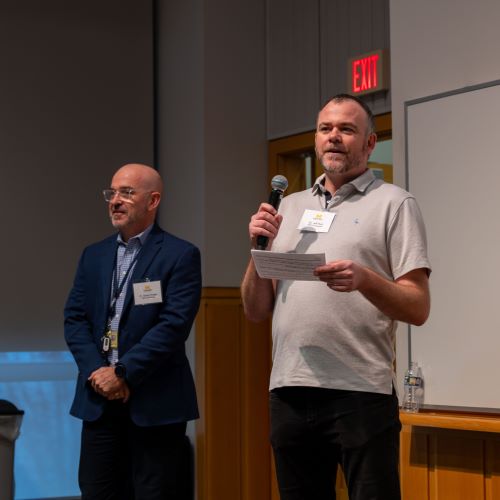



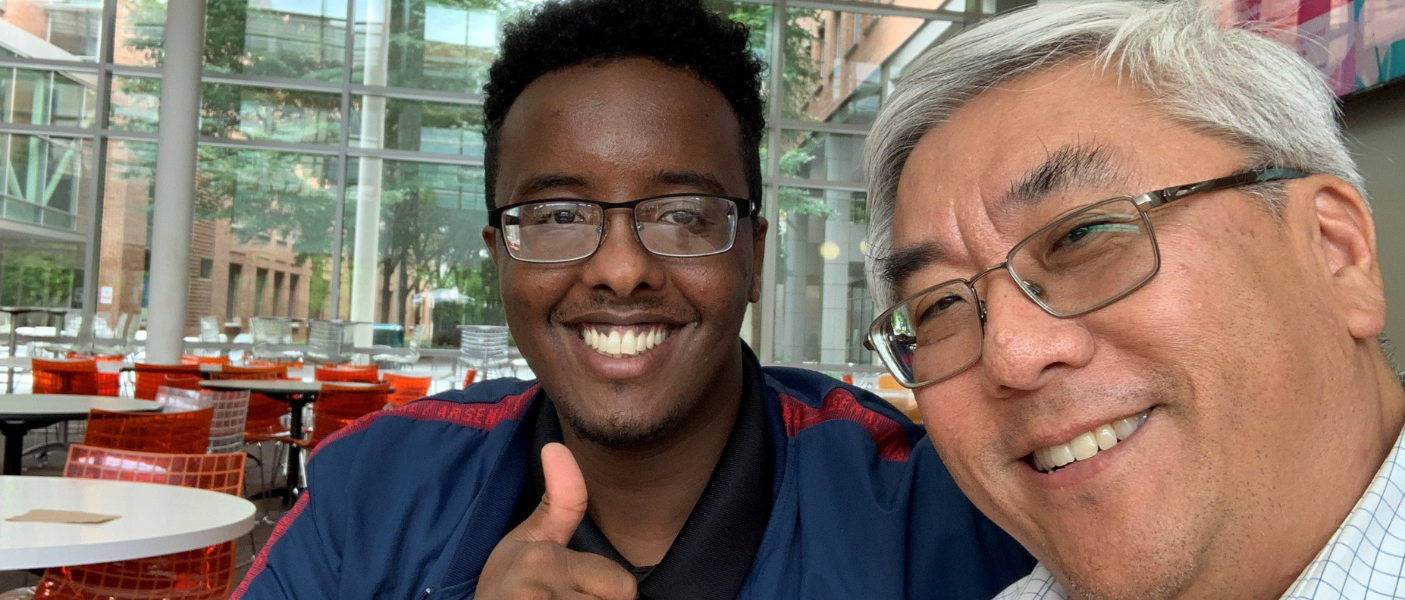
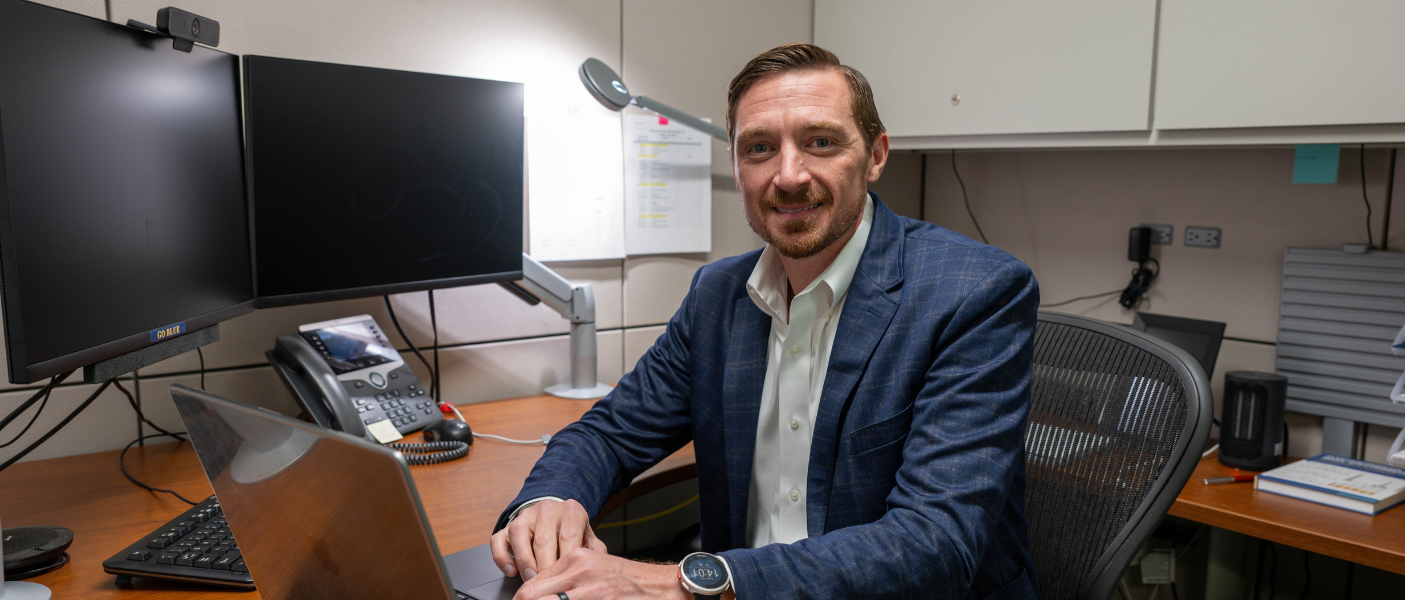
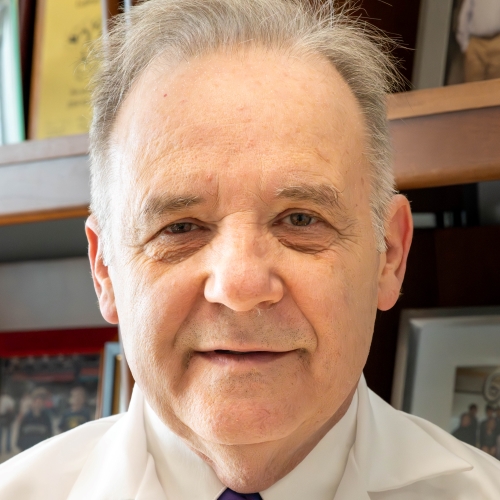

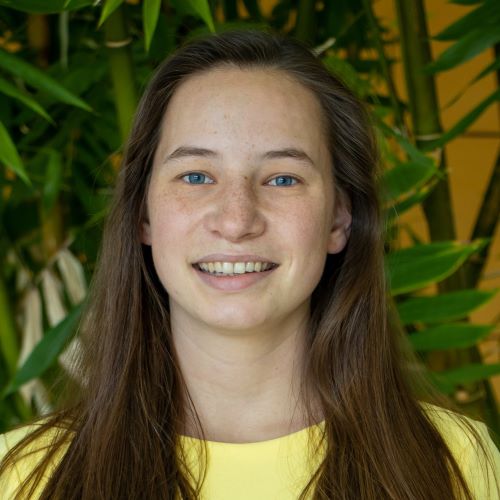
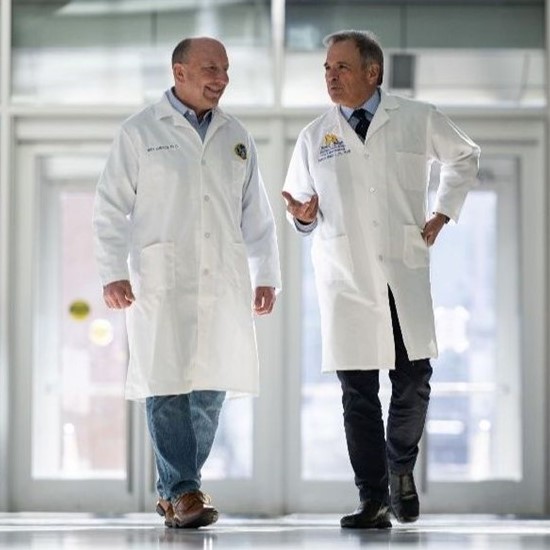

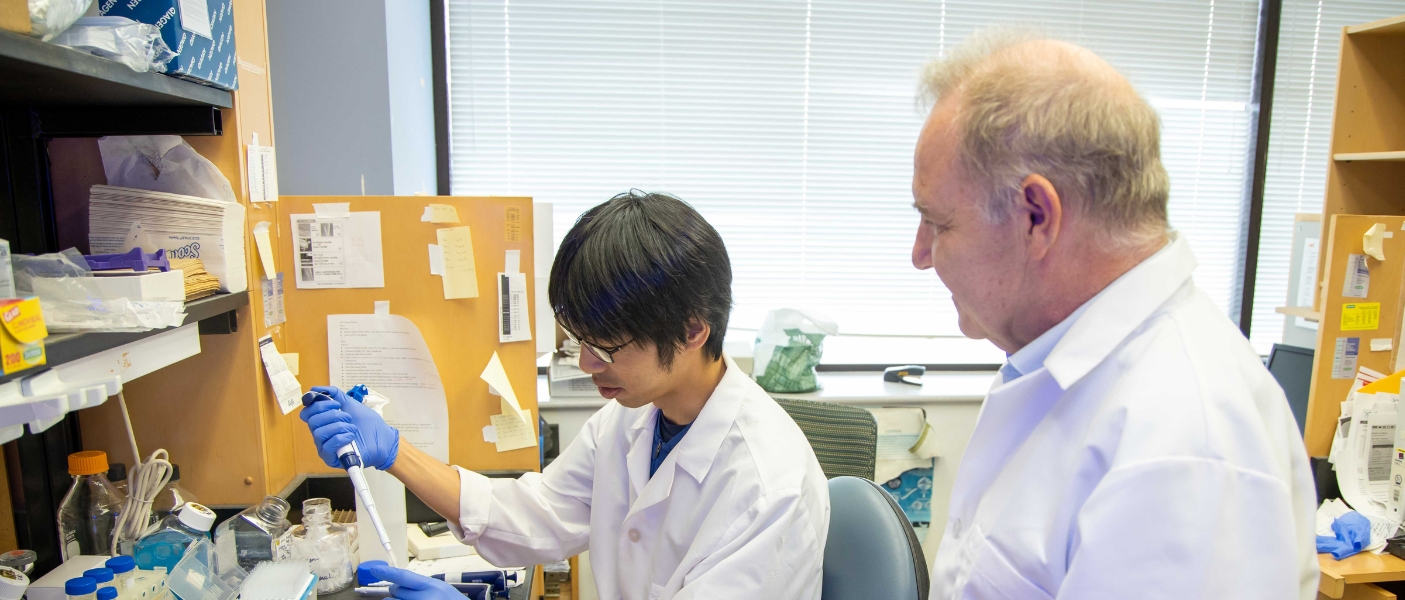



.jpg)
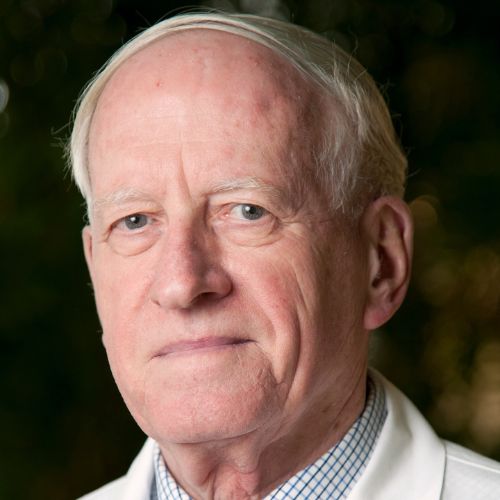

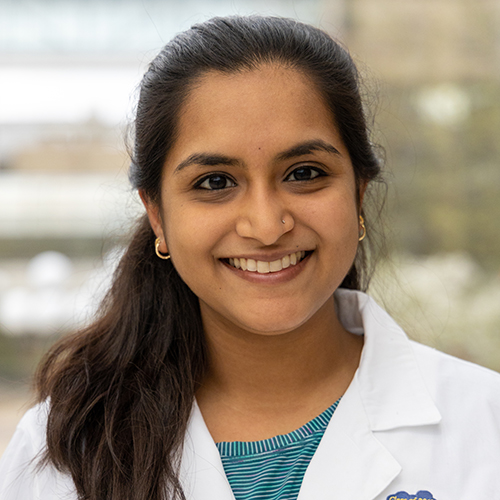

.jpg)
.png)


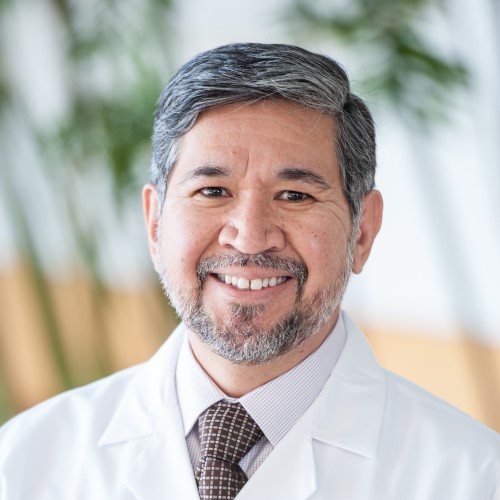

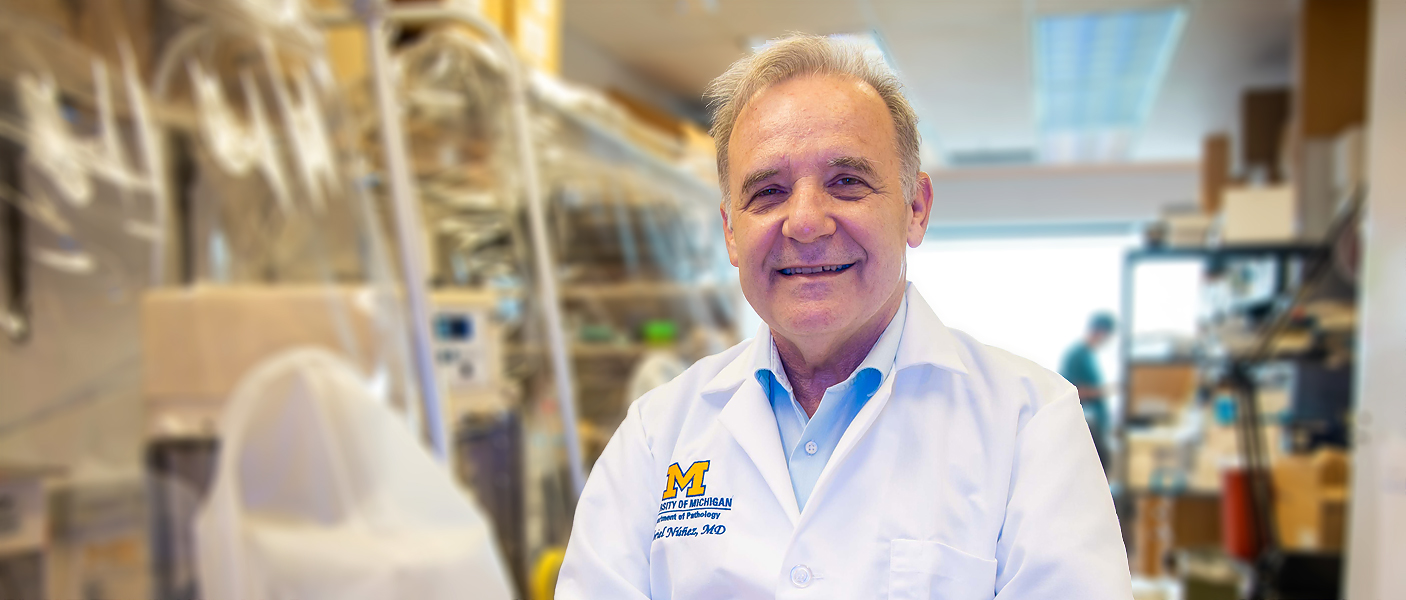

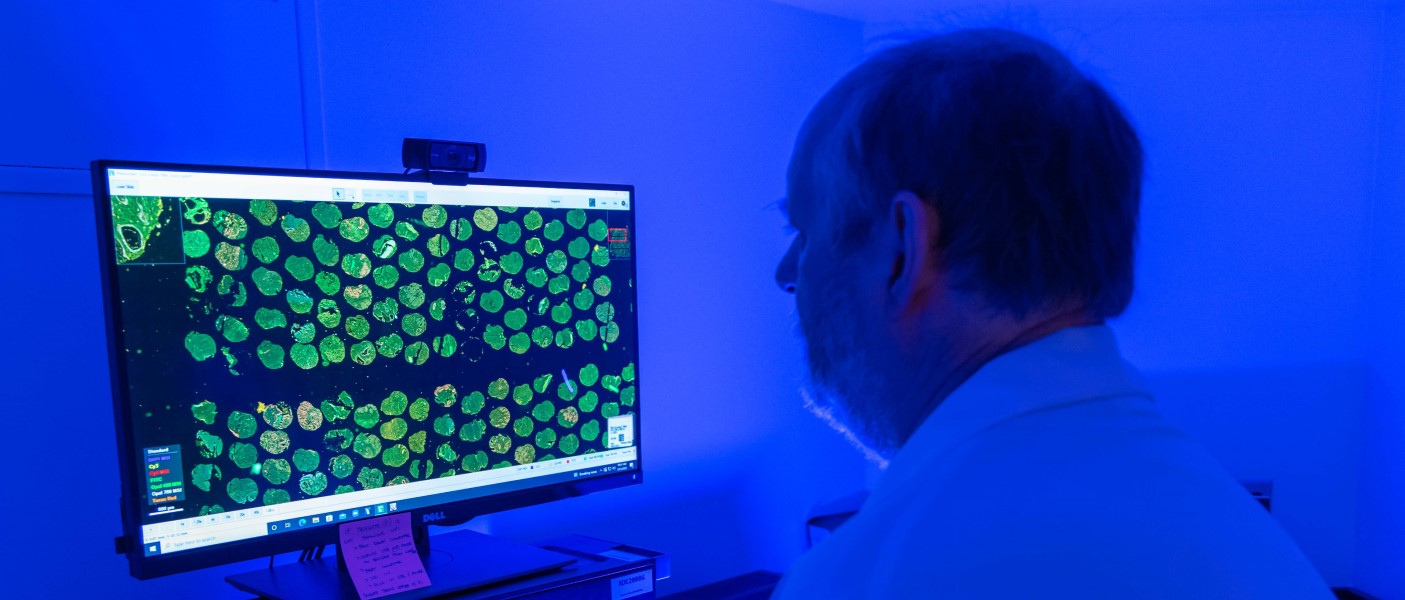
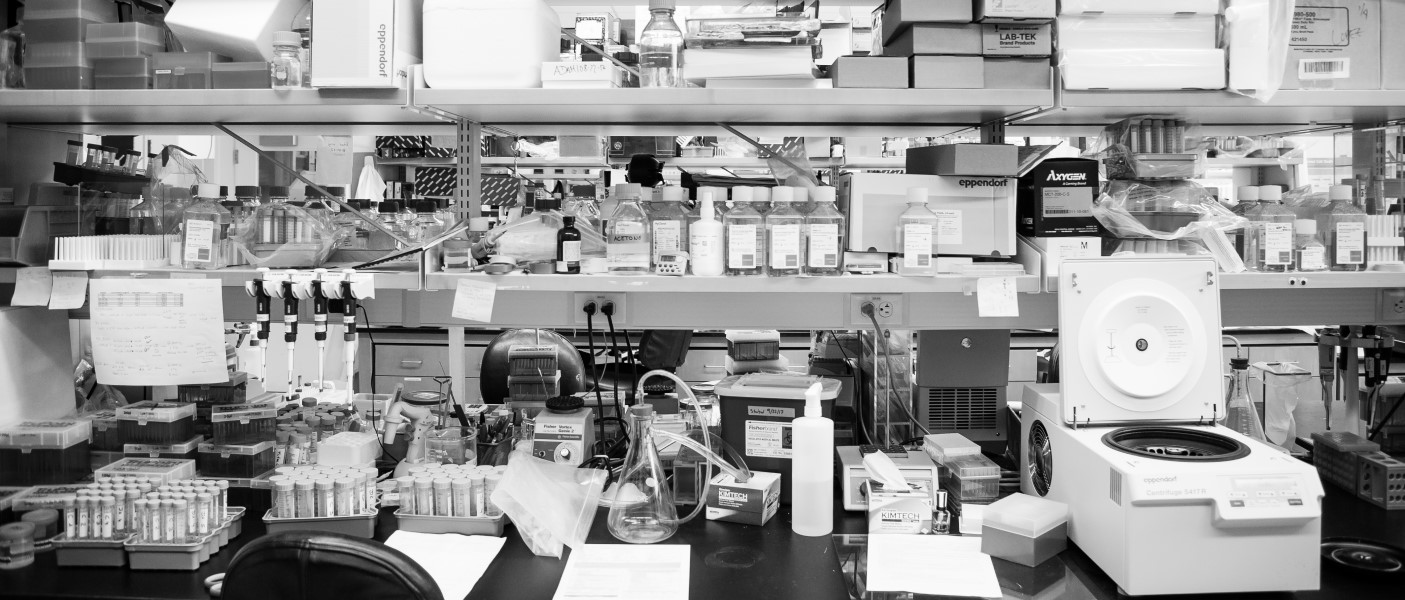

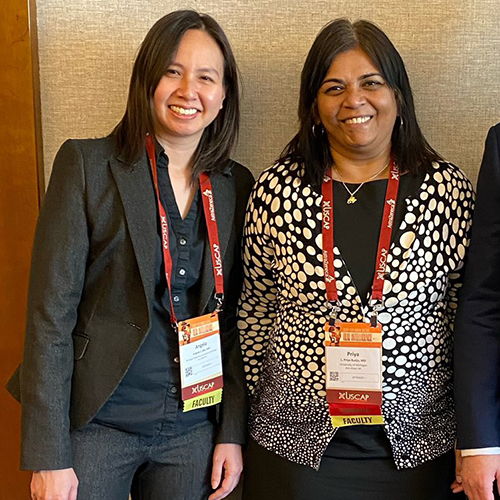


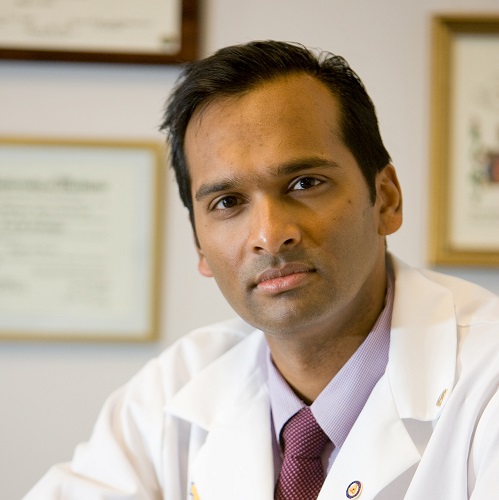
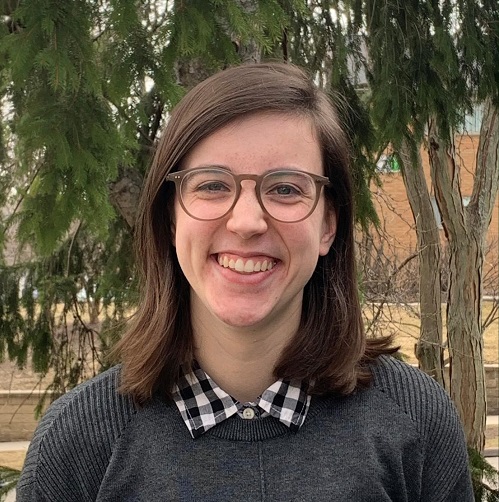

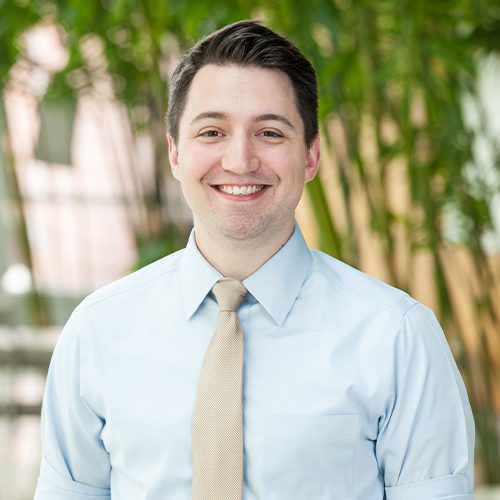
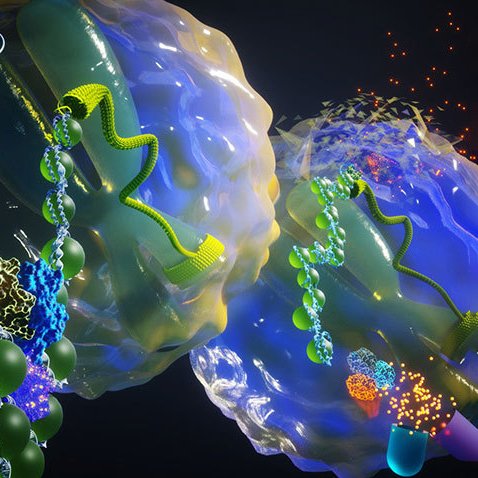



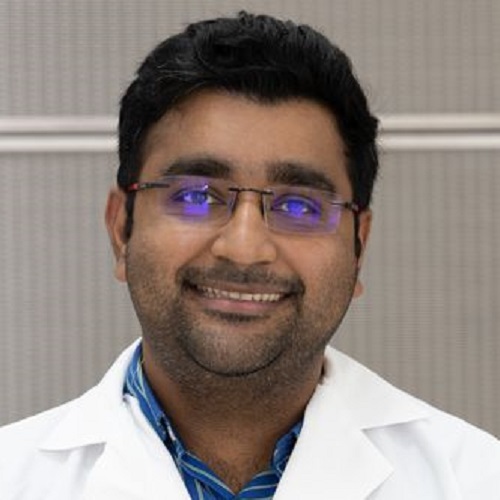
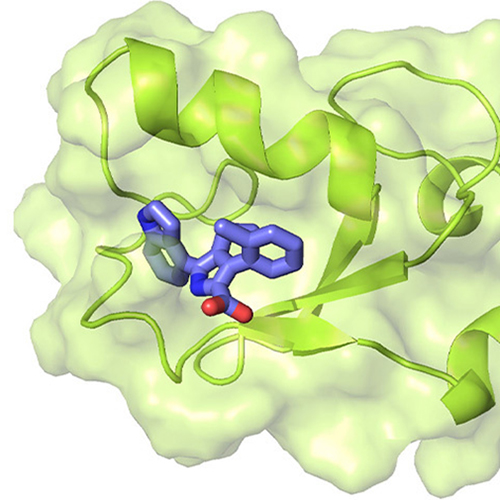

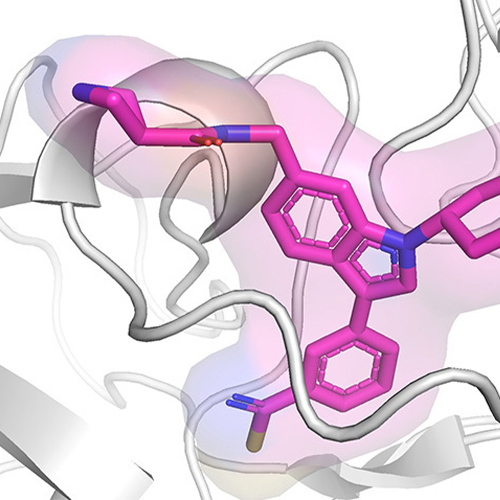
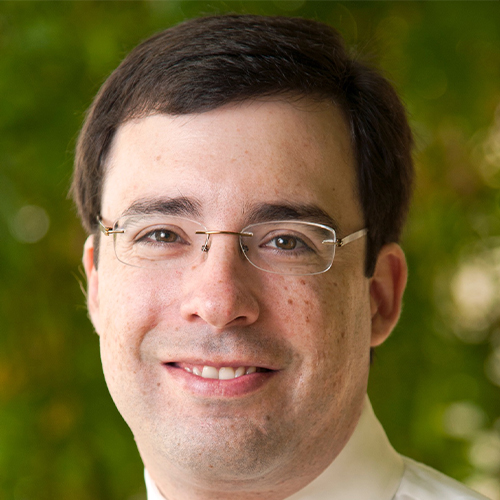

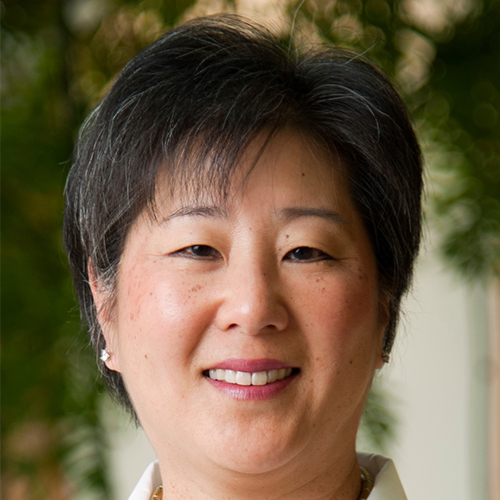


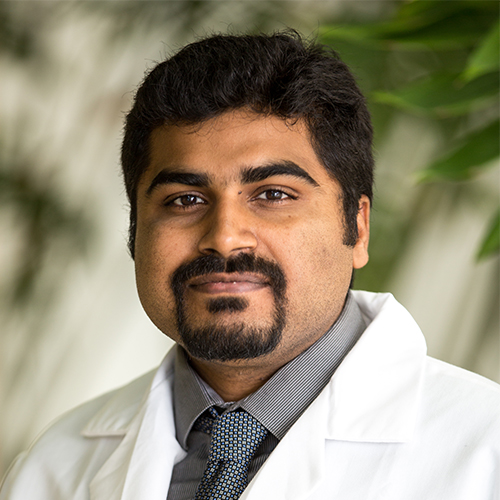

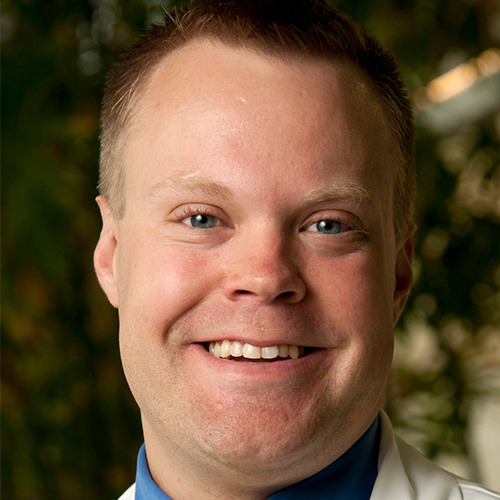
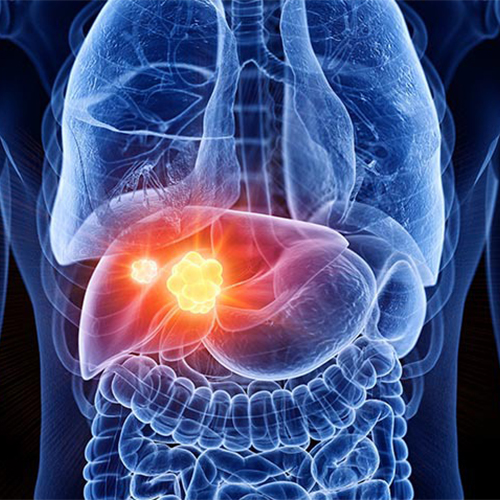
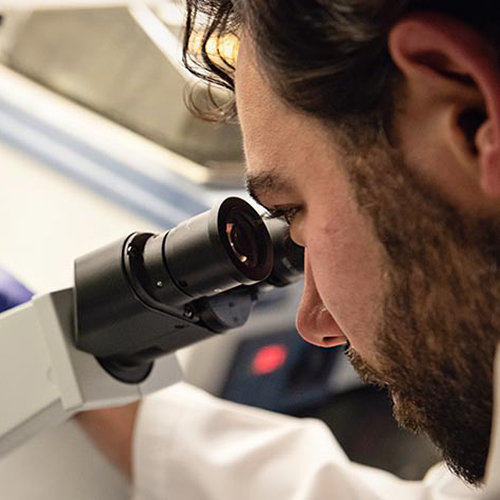
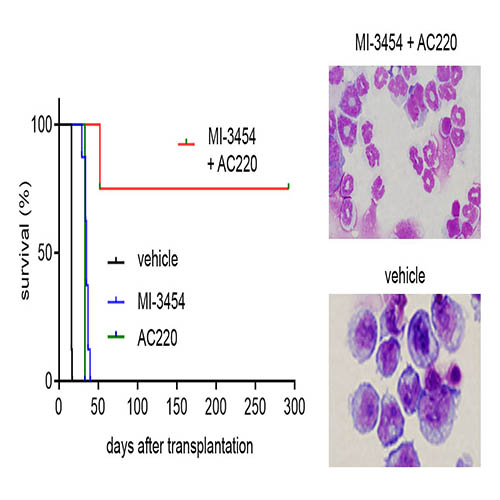
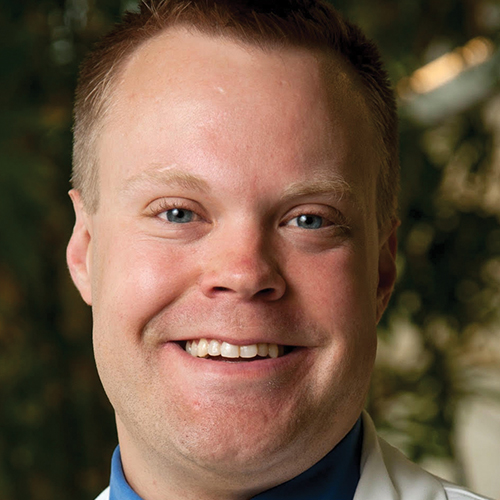
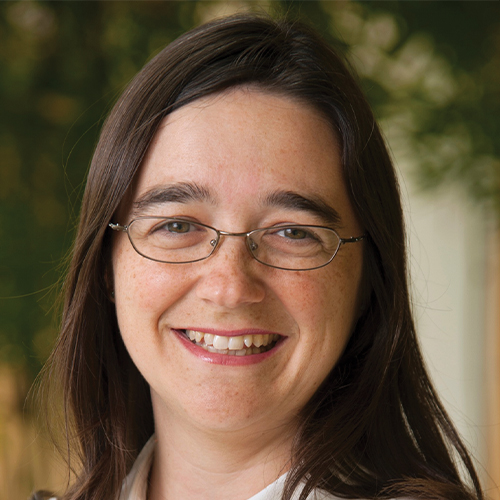
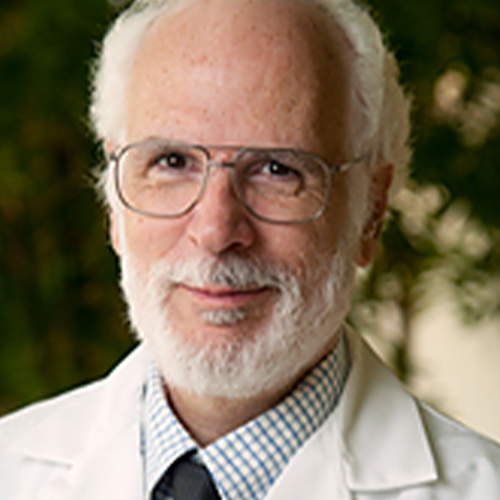

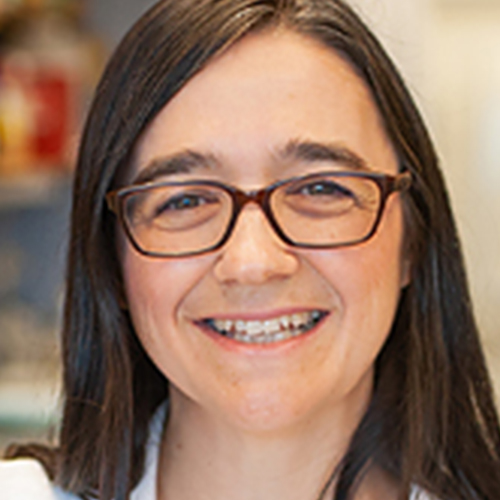
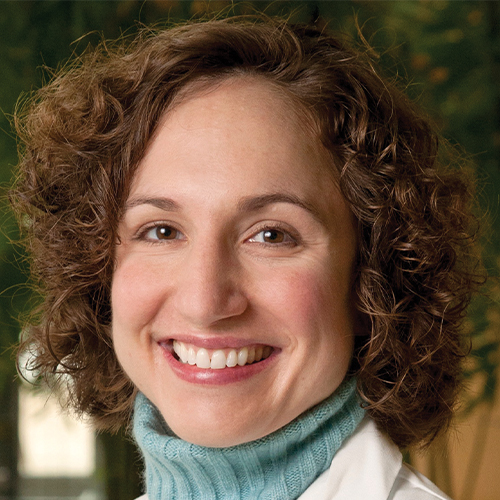


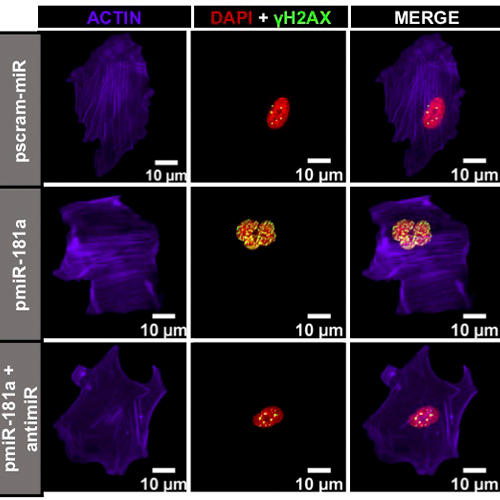

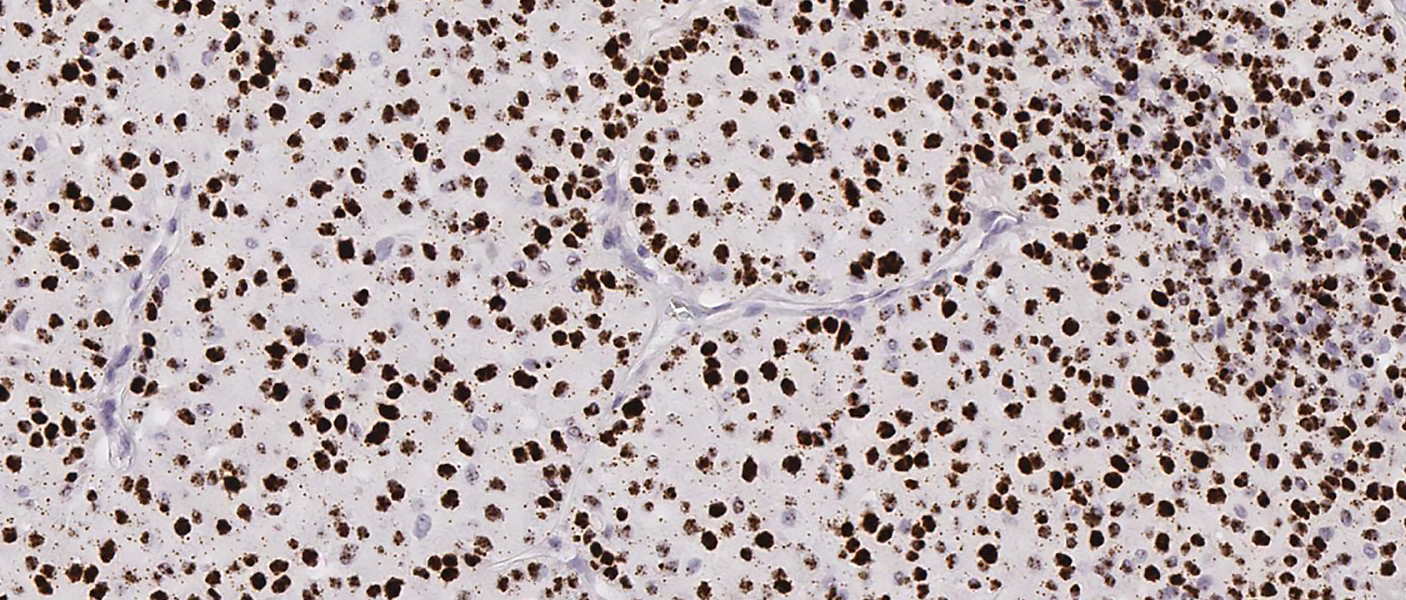

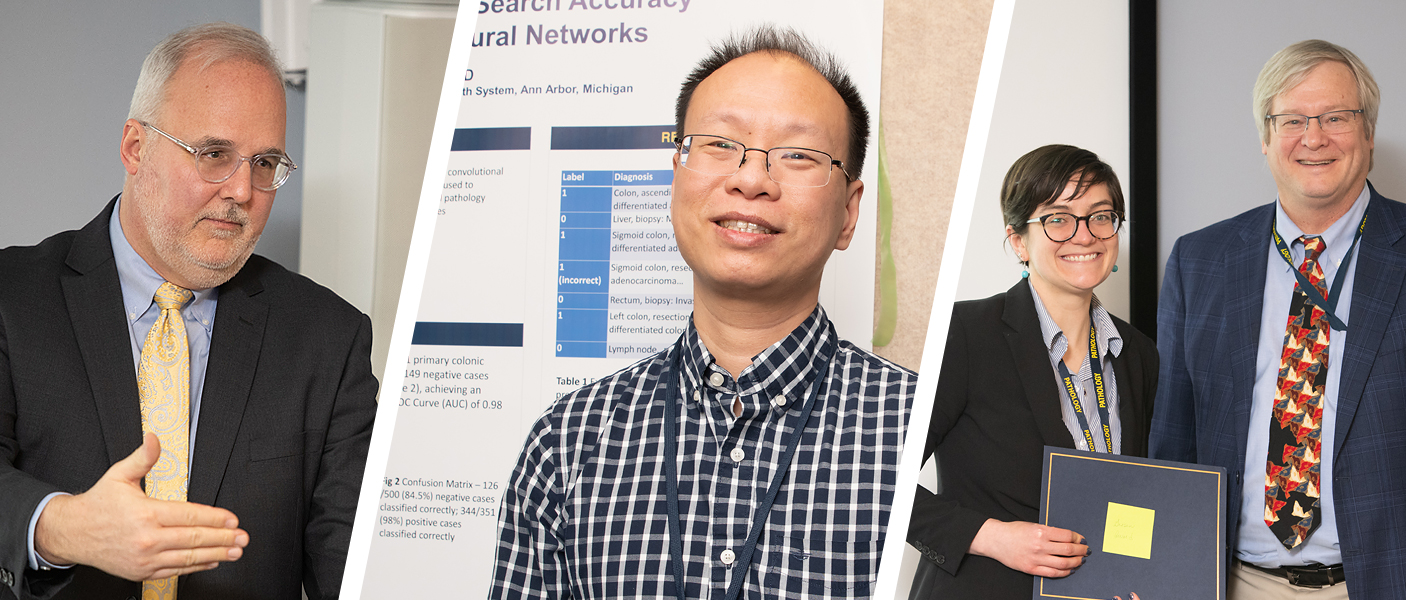
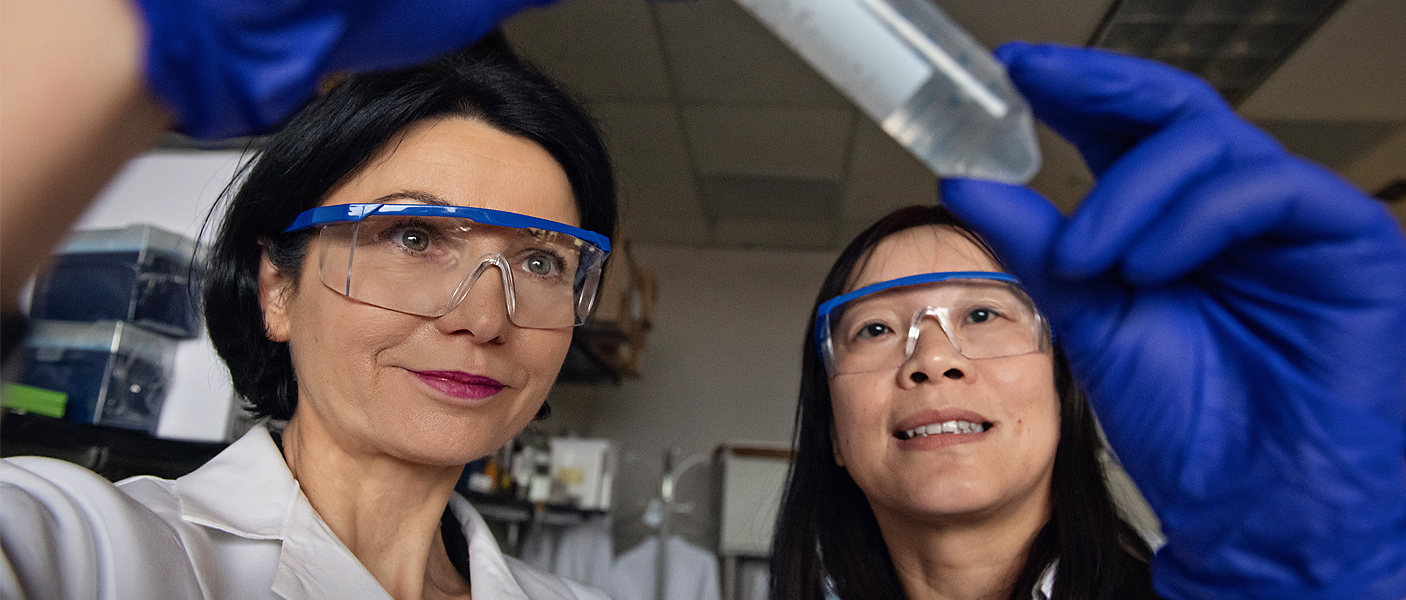


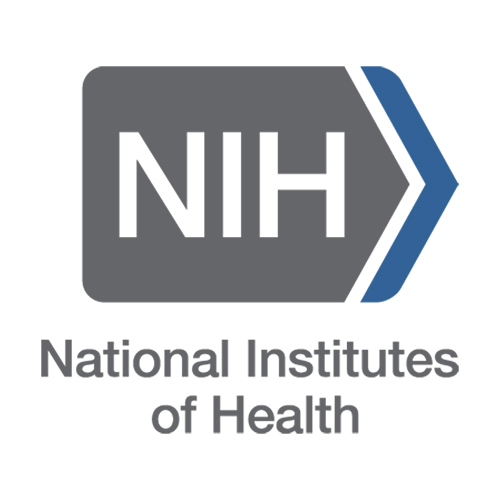

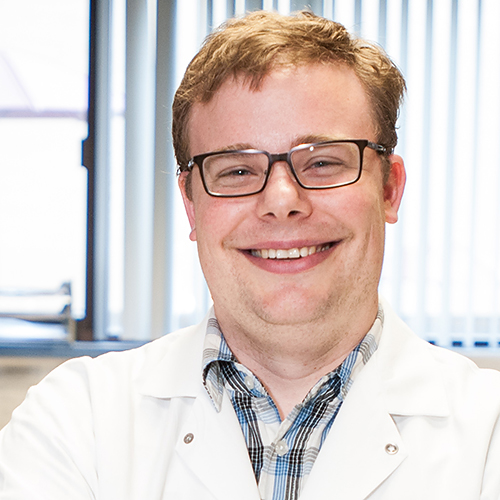


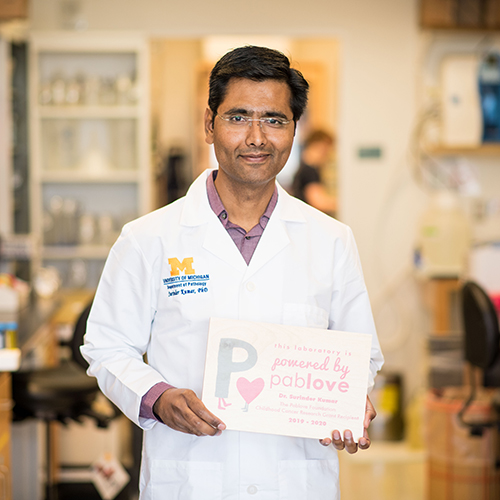
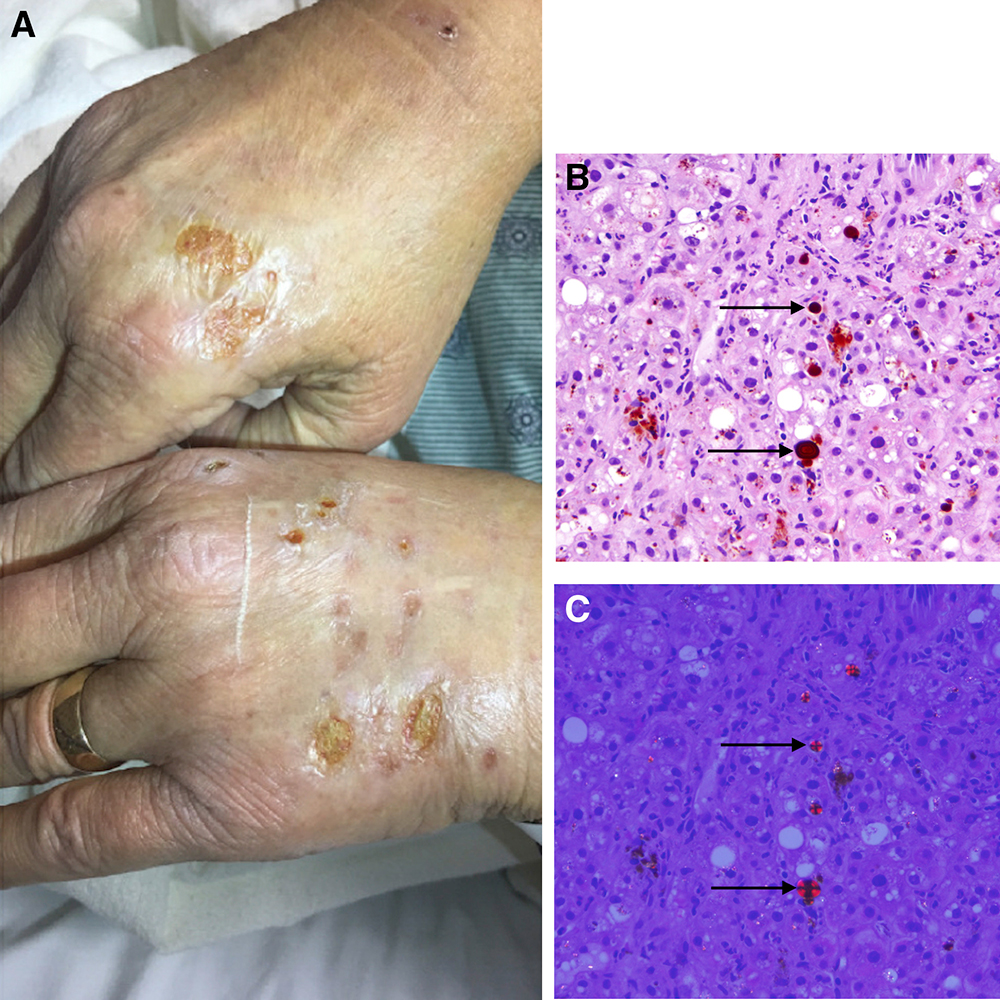
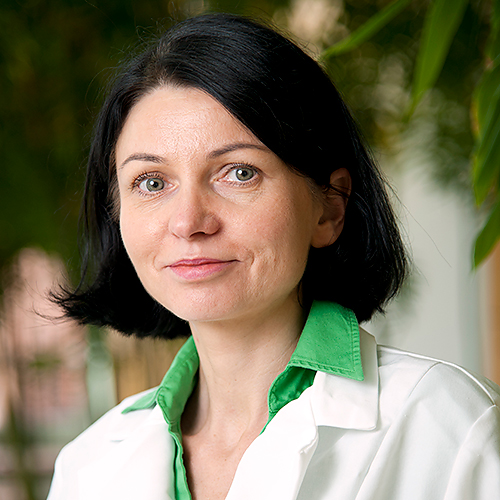

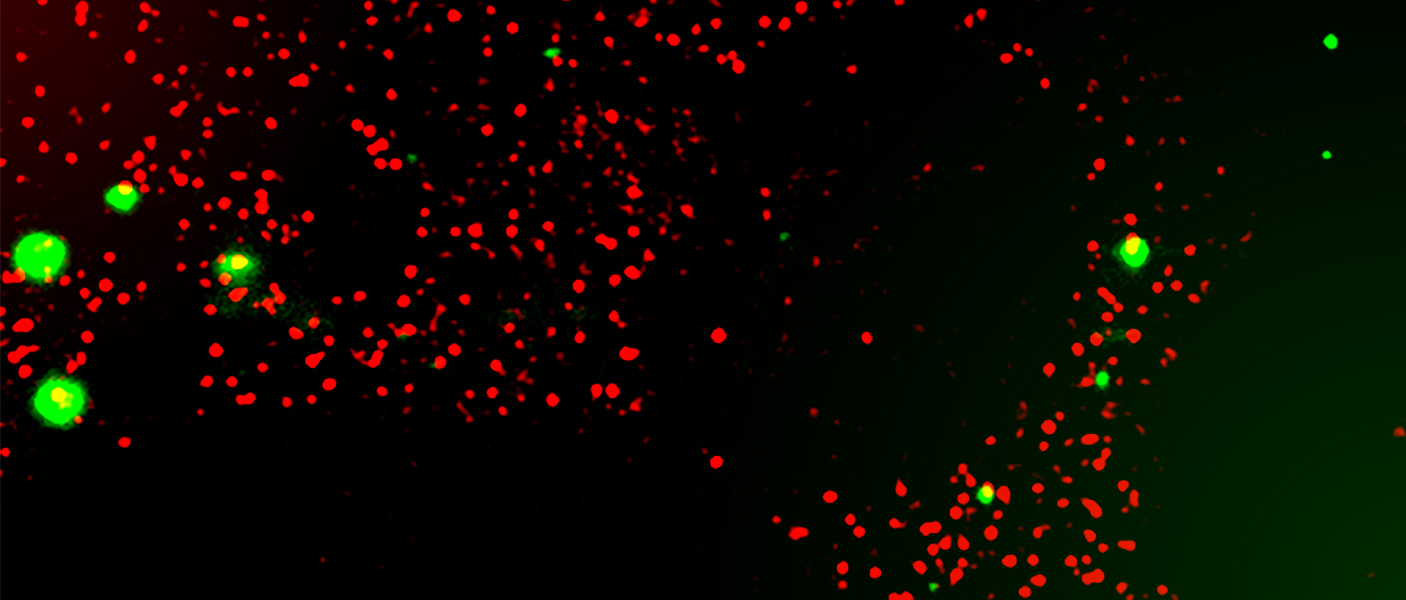

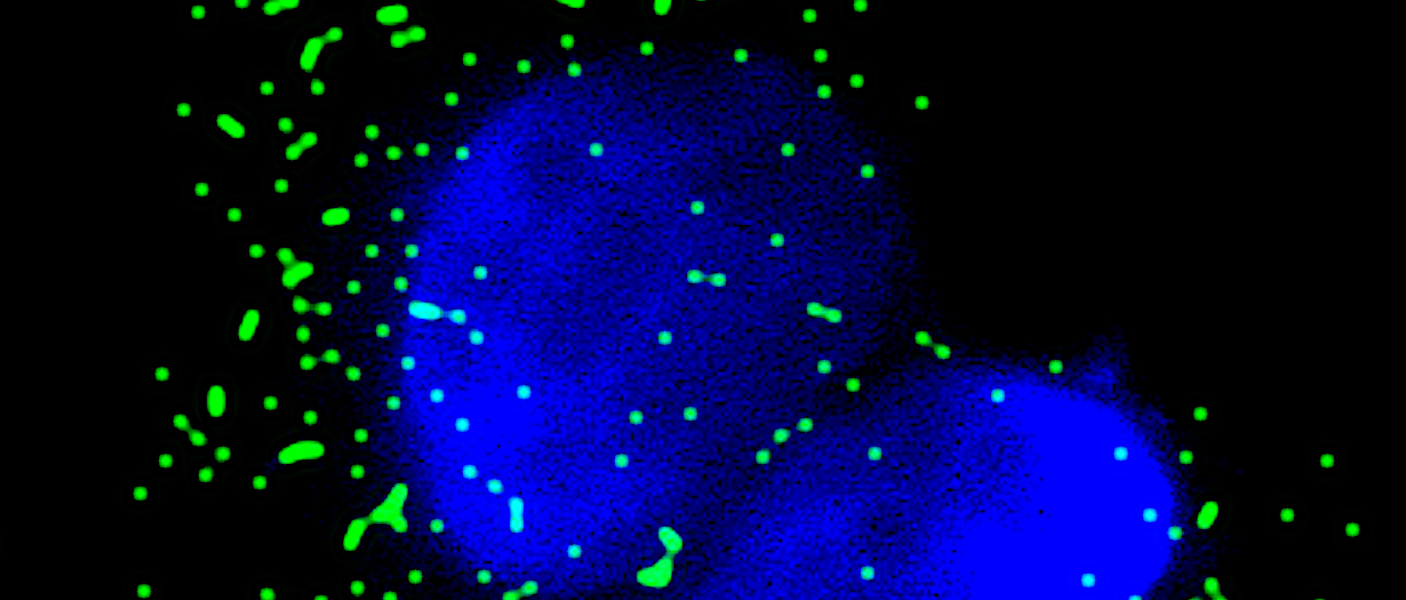
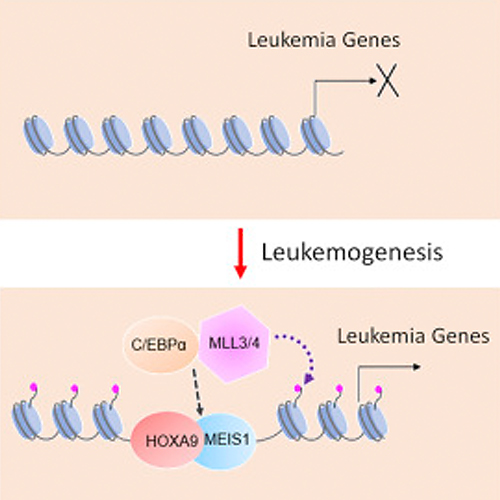

 ON THE COVER
ON THE COVER
 ON THE COVER
ON THE COVER
 ON THE COVER
ON THE COVER
 ON THE COVER
ON THE COVER
 ON THE COVER
ON THE COVER
 ON THE COVER
ON THE COVER
 ON THE COVER
ON THE COVER
 ON THE COVER
ON THE COVER
 ON THE COVER
ON THE COVER
 ON THE COVER
ON THE COVER
 ON THE COVER
ON THE COVER
